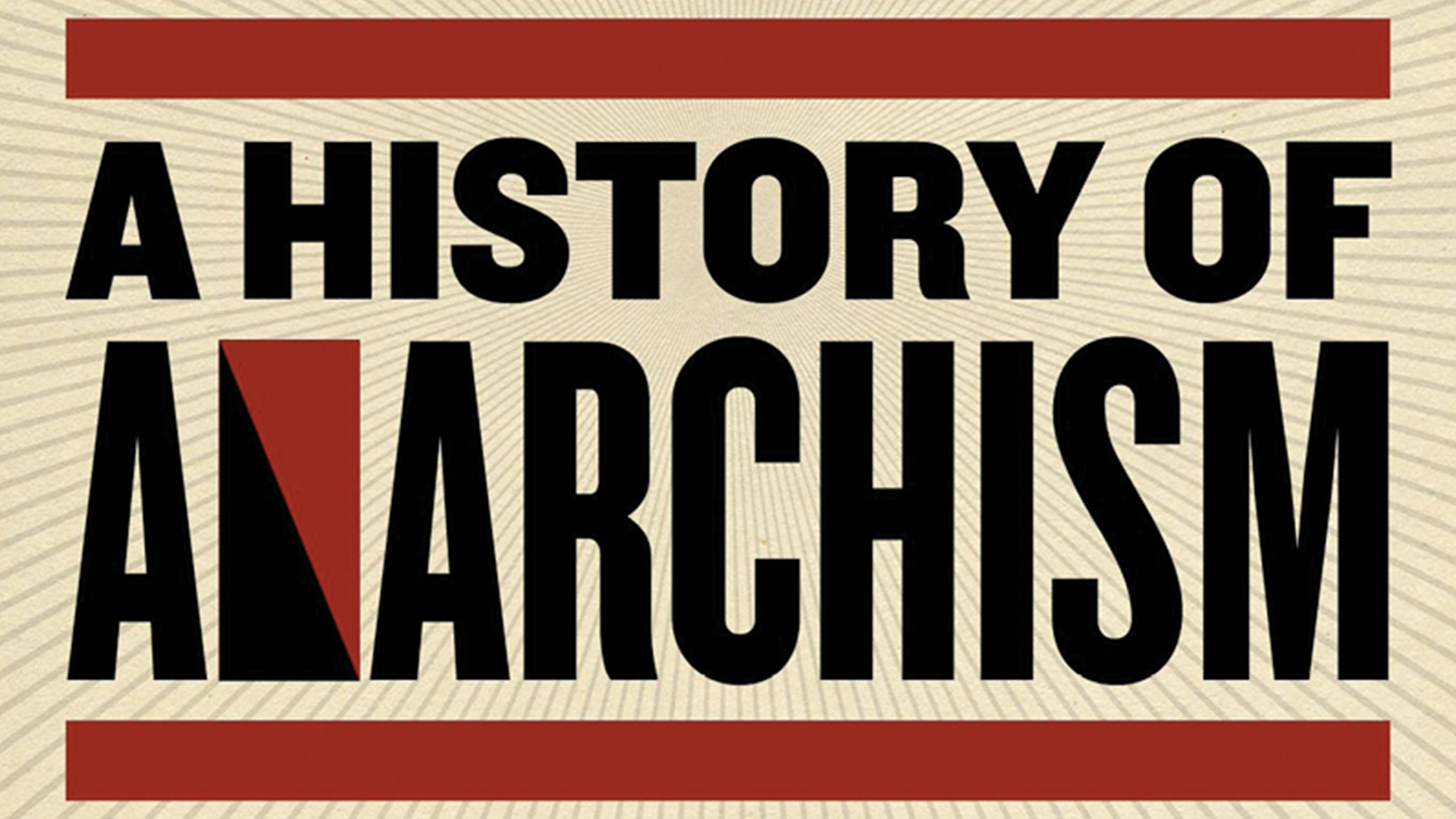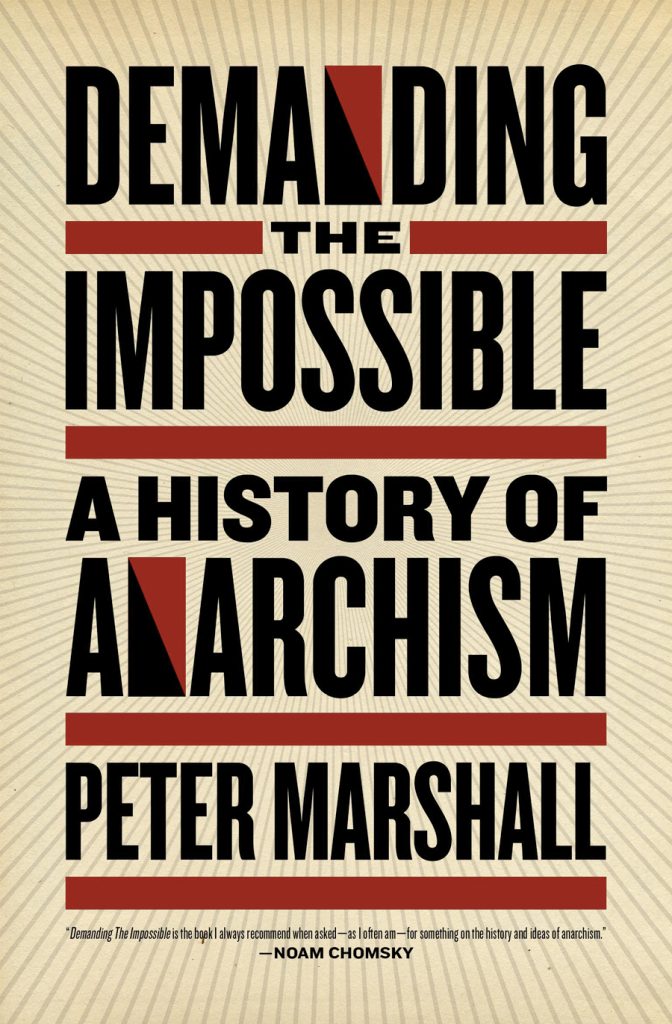Marshall offers a lucid history of a movement that defies description.
By Justin Taylor
June 2010
http://newyork.timeout.com
Peter Marshall’s Demanding the Impossible has been hailed as the authoritative text on the rich and various history of anti-authoritarianism ever since it was first published by HarperCollins in 1992. This handsome new paperback edition from the independent PM Press features a new epilogue by the author, as well as updates and corrections throughout. Anarchism is a subject whose scope, reputation, and penchant for self-contradiction could—and by a certain logic, perhaps should—impede any effort to fully comprehend it. Not so with Marshall’s admirable doorstop; his prose is as clear and flowing as “the river of anarchy” that he chooses for his project’s guiding metaphor—a much more useful (and optimistic) choice than, say, “the labyrinth.”
Parts one through three (“Anarchism in Theory,” “Forerunners of Anarchism” and “Great Libertarians”) run about 200 pages and provide a concise overview of the philosophical and theoretical foundations of anarchist thought. Forms of belief and praxis are traced from the ancient Taoists, Greeks and Christians (among others) to Europe and America in the mid-19th century. Part four, “Classic Anarchist Thinkers,” is about as long as the first three parts together, and could easily stand alone; its 12 chapters are biographical essays on ten major anarchist thinkers from Godwin to Gandhi, plus chapters on American and German communist movements. Parts five, six and seven take back up roughly where part three left off, with five (“Anarchism in Action”) looking at specific movements around the globe, six (“Modern Anarchism”) exploring the New Left of the 1960s to the present, and seven (“The Legacy of Anarchism”) seeking to assess the state of anti-statism today, and to look toward the future.
Though this highly engaging book can certainly be read from start to finish, I expect that its ultimate role in the average reader’s life will be as a reference; not like an encyclopedia but rather more like a favorite author’s collected works or a Bible: a massive repository of wisdom (only some of it truly dubious) and of histories that might be otherwise lost to us.







